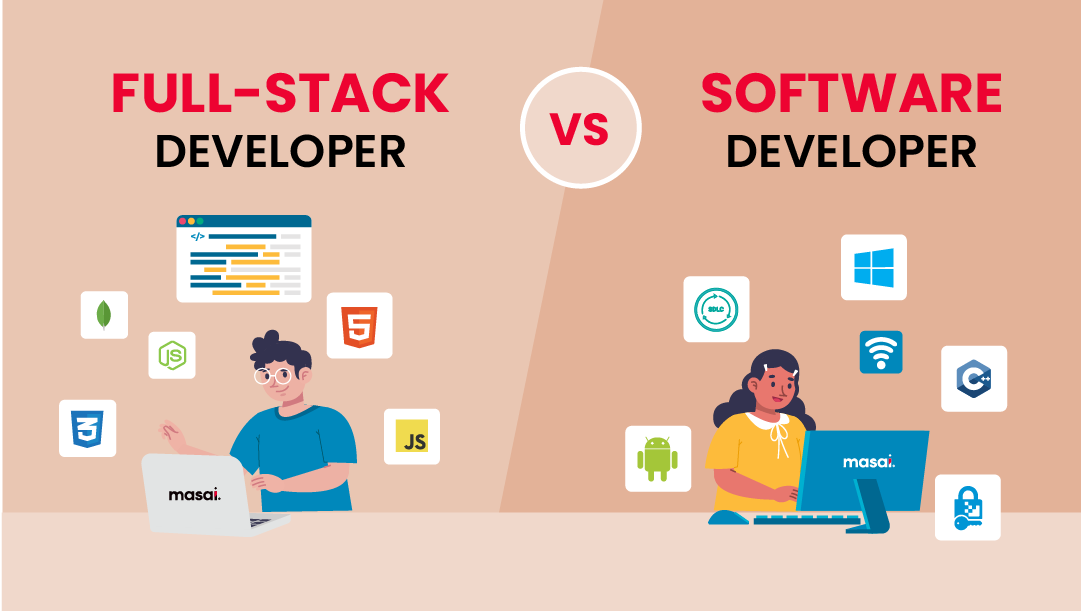Devoted Developers vs. In-House Teams: Which Is Right for You?
The choice in between using devoted designers and keeping an internal group is a substantial one that can influence the trajectory of your tasks and general organization strategy. Devoted developers offer a degree of adaptability and specialized proficiency that can be helpful for particular, temporary efforts. Alternatively, in-house teams add to a cohesive company society and a nuanced understanding of long-term objectives. By taking a look at crucial factors such as budget plan, project scope, and desired control, you can better establish which method lines up with your organizational requirements. The ramifications of this option expand beyond instant end results-- consider the wider effect on your business landscape.
Recognizing Dedicated Programmers
The growing demand for specialized skills in the tech market has resulted in the introduction of devoted designers as a practical service for many companies. These professionals are usually gotten on a task basis, allowing business to leverage specific experience without the long-lasting commitment related to permanent hires. Committed programmers are frequently ingrained within a customer's team, providing versatility and scalability to meet task requirements.
This model permits organizations to access a global skill swimming pool, which is specifically useful in a rapidly evolving technological landscape. Dedicated programmers can be sourced from different geographical locations, making certain that business can discover the ideal ability at affordable rates. They often bring a wealth of experience and knowledge, having worked with diverse jobs across different sectors.
In addition, devoted programmers can focus specifically on the tasks available, improving performance and efficiency. They are furnished to incorporate perfectly right into existing process, teaming up carefully with internal groups to accomplish project goals. This approach not just lowers the problem of recruitment and training however also allows companies to stay dexterous, adjusting rapidly to transforming market needs and technical developments.
Advantages of In-House Teams

Additionally, internal teams often tend to have a deeper understanding of the firm's objective, values, and objectives. This placement can boost worker involvement and inspiration, as employee really feel extra attached to their job and the organization's success. Additionally, having a dedicated in-house team allows for better placement of objectives and approaches, as these members are continually concentrated on the firm's concerns.
In-house teams additionally facilitate quicker decision-making processes, as they can react extra rapidly to difficulties and changes. The well established connections and familiarity with business protocols enable streamlined workflows and decreased miscommunication. Eventually, the mix of a natural society, positioning with business objectives, and effective communication makes in-house teams a beneficial possession for lots of organizations, particularly those looking to cultivate long-lasting development and development.
Price Considerations
When reviewing expense considerations, both internal teams and dedicated developers present distinctive economic effects for companies. Involving dedicated developers generally advice involves a pay-per-project or per hour rate design, which can be cost-effective for companies with rising and fall job demands. This approach enables versatility in scaling resources up or down, making sure that business only pay for the services they Read More Here need.
In comparison, internal teams entail dealt with expenses, consisting of salaries, advantages, and overhead expenditures such as workplace and devices. While this model provides higher control and prompt availability of sources, it might lead to greater long-lasting expenses, specifically if the workload does not justify a permanent staff.
Additionally, companies should think about the hidden prices connected with employment and training of internal workers, which can further stress budgets. Sometimes, the moment and sources invested in taking care of an in-house group can diminish the company's core company goals.

Task Monitoring and Flexibility
Job management and flexibility are vital factors that influence the choice in between in-house teams and devoted programmers. Dedicated programmers normally supply a high degree of flexibility, permitting companies to range sources up or down based upon job demands. This dexterity can be particularly advantageous for organizations experiencing varying work or those seeking to introduce rapidly. Dedicated teams commonly have established procedures for managing jobs effectively, leveraging certain approaches like Agile or Scrum, which promote repetitive development and versatility.

Eventually, the selection in between internal groups and devoted programmers pivots on the desired degree of adaptability and the specific job administration needs. Business need to examine their functional characteristics, task intricacy, and source accessibility to determine which option straightens best with their calculated goals.
Making the Right Choice
Picking the appropriate advancement method-- devoted designers or in-house teams-- needs a careful evaluation of different aspects that line up with a company's calculated goals. hire dedicated developers. Think about the nature of the job. Dedicated designers may be more appropriate if it demands specialized skills or a fast scale-up. Conversely, internal teams can provide far better connection and assimilation with existing employees.
Following, review your spending plan. Committed developers typically present a cost-effective service for short-term jobs, while in-house teams may sustain higher lasting expenses because of salaries, benefits, and expenses prices. Analyze the degree of you can try here control and cooperation wanted; internal teams commonly cultivate stronger interaction and placement with business society.
If immediate outcomes are essential, devoted developers can be onboarded quickly, whereas building an in-house team takes time for employment and training. If continuous advancement is essential, investing in an in-house group might generate better returns over time.
Conclusion
In final thought, the decision in between devoted programmers and internal teams pivots on project needs and organizational goals. Conversely, in-house teams grow a natural culture and deeper positioning with long-term goals.
The choice between using devoted designers and keeping an in-house group is a considerable one that can affect the trajectory of your projects and general company technique.Task management and adaptability are critical variables that influence the option between specialized developers and internal teams. software engineering staffing.In contrast, internal groups may stand out in preserving a constant job administration structure due to their experience with the company's society and long-term goals. Dedicated programmers frequently provide an economical remedy for temporary tasks, while internal groups may sustain higher long-term costs due to incomes, benefits, and overhead costs.In verdict, the choice between in-house teams and dedicated programmers hinges on job requirements and business purposes